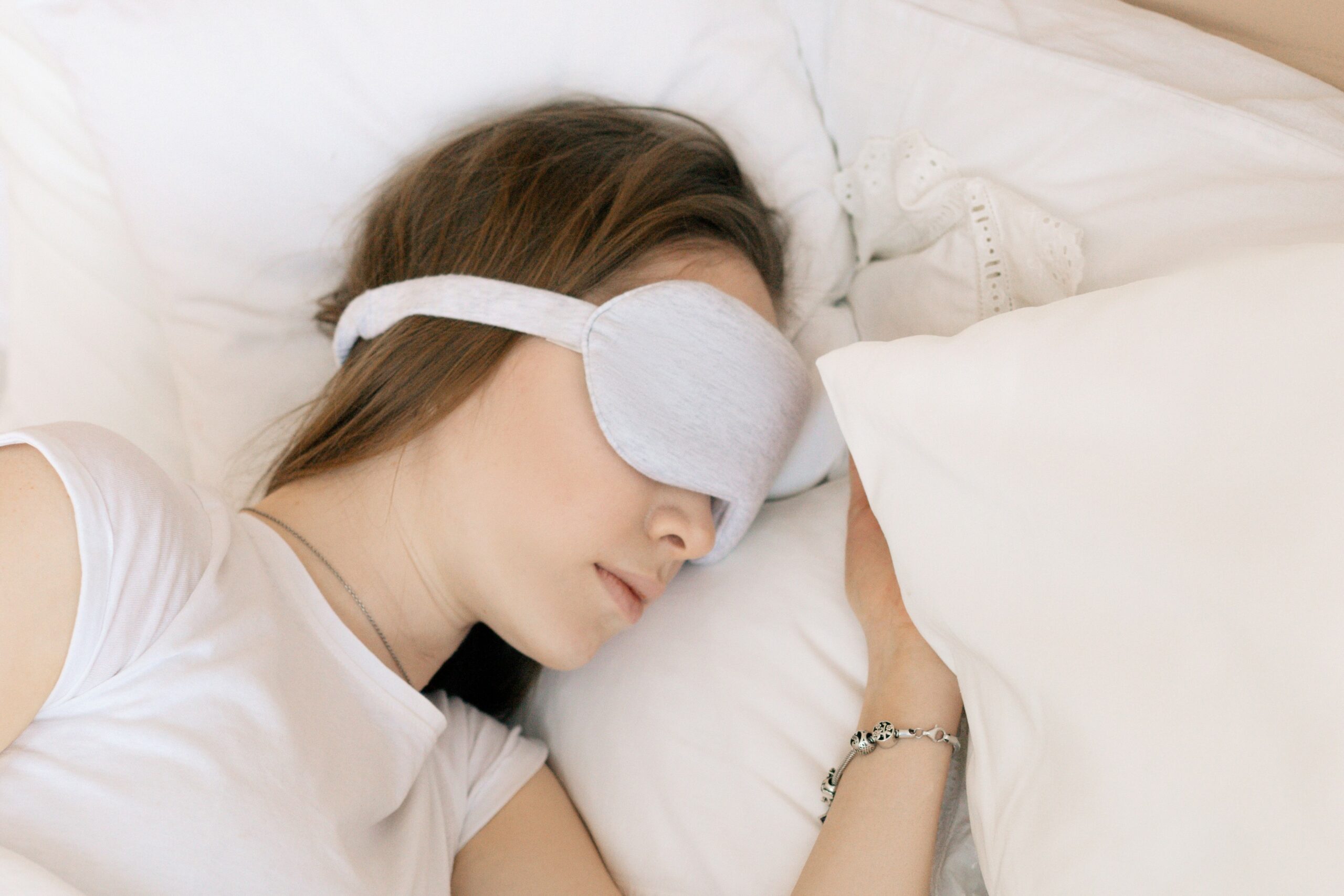It’s undeniable that both your brain and body require rest in the form of sleep after a day of being active and awake. Despite the apparent lack of activity during sleep, numerous essential processes occur.
Humans undergo two primary stages of sleep, namely rapid eye movement (REM) sleep and non-REM sleep. Let’s focus on REM sleep and outline what takes place during this phase of sleep, highlighting its significance in ensuring sufficient sleep. Additionally, we’ll explore how much REM sleep is necessary and methods to increase its duration.
The different stages of sleep
Sleep typically involves several sleep cycles, and each cycle comprises various stages of sleep. The two main stages of sleep are REM sleep and non-REM sleep. In our REM sleep, the eyes move rapidly back and forth, which is why it’s called rapid eye movement sleep. This is also the stage where dreaming occurs. Non-REM sleep has three phases: N1 and N2, both meaning light sleep, and N3 – deep sleep.
The sleep cycle restarts after REM sleep, which is the final stage. Each cycle lasts between 90 and 120 minutes, and people usually wake up after four to six cycles.
The duration of each sleep stage during a cycle varies depending on the time you’ve spent sleeping. When you first fall asleep, your sleep cycles are predominantly non-REM sleep, and most of your deep sleep occurs early in the night. However, as the night progresses, you spend more time in REM sleep. After approximately six hours of sleep, most of your sleep is in the REM stage, which explains why many dreams occur in the morning.
Why is REM sleep so important?

REM sleep serves crucial functions in various aspects of human health. One such benefit is the potential to support learning and skill acquisition, according to researchers. When we are in the stage of REM sleep, the brain processes and combines information gathered during the day. REM sleep plays an important role in memory formation, studies say.
In addition to memory processing, REM sleep is also essential for brain development. Children need more sleep than adults and newborn babies spend about half their sleep time in REM sleep.
REM sleep is the time when dreams occur, and even though the science behind them cannot be explained, they may have vital implications for creativity, learning, and emotional regulation.
The difference between REM sleep and deep sleep
Deep sleep is actually the “N3 phase,” so it is a stage of non-REM sleep. Therefore, they are distinct stages in the sleep cycle, with unique characteristics and functions.
Furthermore, deep sleep serves as the phase that promotes bodily restoration, while REM sleep promotes brain restoration. Thus, one can consider deep sleep as the stage responsible for healing the body, while REM sleep restores the brain.
REM sleep and mental health
The connection between REM sleep and good mental health is significant. Emotional processing, important for the relationship between emotion and memory, occurs during REM sleep. So we can say that REM sleep is key for healthy emotional regulation and psychological well-being.
Getting more REM sleep
To increase your REM sleep, it is important to avoid skimping on morning sleep as REM sleep is typically more concentrated in the second half of the night. To ensure you are receiving enough REM sleep, it is recommended to get the recommended 7 to 9 hours of sleep each night.
Some of the main factors and habits to get quality sleep are:
- Having a regular sleep schedule, going to bed and waking up at the same time every day
- Developing a relaxing bedtime routine
- Limiting caffeine intake
- Avoiding alcohol
- Keeping your sleeping environment cool and dark at night
- Exposing yourself to natural light in the morning
- Getting sufficient exercise during the day
- Avoiding late-night meals.
The bottom line
To sum it up, REM sleep is key for the regulation of emotions, memory, learning, and creativity. To ensure you’re receiving sufficient REM sleep, prioritize getting enough sleep and integrating healthy sleep hygiene practices into your routine.



